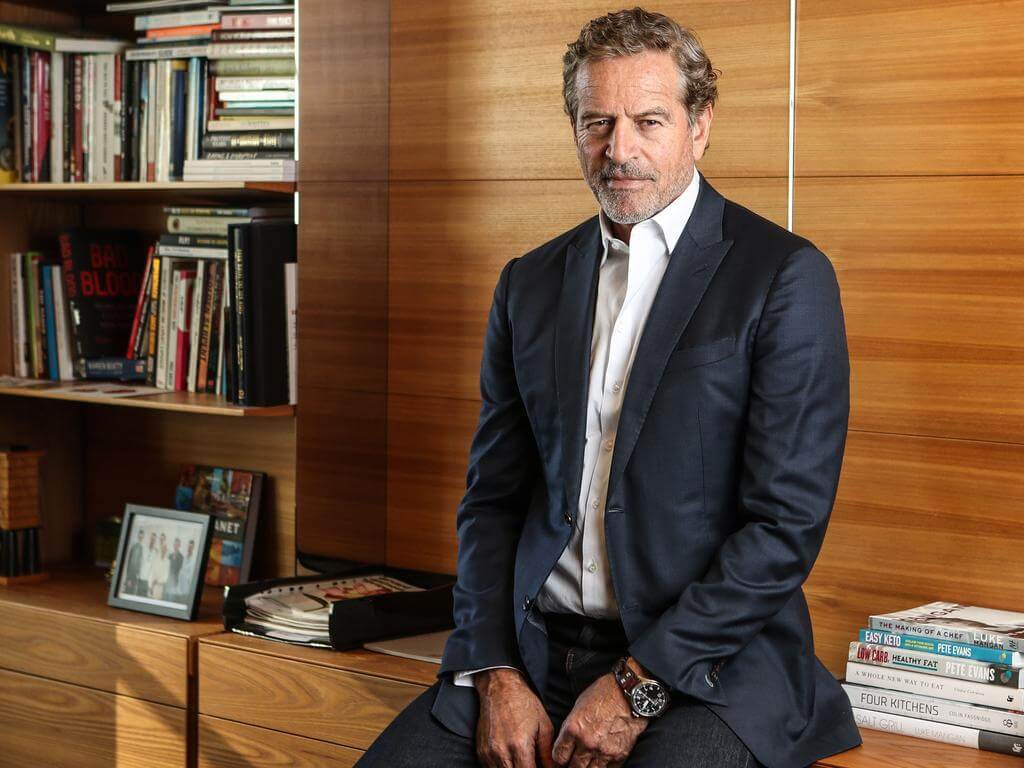What Makes a Great Leader?

As a podcast host, I’ve had the privilege of engaging with some of the most inspiring politicians, coaches, and business leaders from various fields. One recurring question that always interests me is about leadership: Do great leaders share common traits? And if so, can these traits be learned?
Through years of conversations and personal reflection, I’ve come to understand that while leadership is not one-size-fits-all, certain qualities tend to shine through. The world has changed, and leadership has evolved with it. The cutthroat, ruthless mentality that dominated the corporate world when I started my legal career doesn’t carry the same weight it once did. Today’s challenges call for a different kind of leader; one who is more thoughtful, measured, and empathetic.
Learning from the Leaders Who Shaped Me
Throughout my life, long before the era of podcasts, I’ve been fortunate to learn from some remarkable leaders, each teaching me valuable lessons in their own way. Among them, my parents, Kerry Packer, and Paul Keating have left a lasting impact.
My Father: He led by example, never preaching about hard work but simply embodying it. His consistency taught me that leadership isn’t about being the loudest—it’s about being the most reliable.
My Mother: Her wisdom and foresight helped her make thoughtful, long-term decisions. From her, I learned that great leadership means positioning yourself and your team for future success, not just reacting to immediate problems.
Kerry Packer: Kerry was the richest man in Australia when I worked with him, but what struck me wasn’t his wealth—it was his ability to cut through the noise. He had no time for distractions and always got straight to the point. His endless curiosity and willingness to listen to insights from anyone, regardless of their background, made him an extraordinary leader.
Paul Keating: Paul wasn’t afraid to be unpopular, which is a funny dichotomy when you think about it. As a leader, you want to inspire people and gain their respect, but often that means making decisions that some won’t like. His resilience, particularly during crucial moments like his handling of the recession and his creation of superannuation reforms, left a lasting impact on Australian history and heavily influenced my own approach to leadership.
Can Leadership Be Learned?
A question I’ve often pondered is whether leadership is something people are born with or if it can be learned. After much consideration, I believe it’s a mix of both. Some people have natural traits like charisma, drive, or vision that make leadership seem effortless. But the majority of leadership skills can be developed over time.
Through experience, feedback, and a commitment to growth, anyone can improve as a leader. Traits like resilience, empathy, communication, and strategic thinking are all skills that can be honed with time and effort.
What characteristics make a Good Leader Today?
As a podcast host, I’ve had the opportunity to speak with countless successful leaders across politics, business, and in the property game. From those conversations, I’ve identified key characteristics that I believe are crucial for effective leadership in today’s world.
Curiosity: Great leaders never stop learning. They ask questions, actively listen, and seek diverse perspectives. Kerry Packer exemplified this trait, and it’s something I’ve consciously aimed to develop in myself.
Resilience: In today’s volatile business landscape, setbacks are inevitable. What sets great leaders apart is their ability to bounce back, learn from mistakes, and keep moving forward. Resilience has never been more crucial, and Paul Keating’s perseverance during tough times is a model every leader can learn from.
Empathy: Today’s leaders must understand and care about the people they lead. Empathy fosters trust and loyalty—two essential elements for long-term success in any field.
Hard Work: There’s no substitute for max effort. My father showed me that true leadership comes from showing up every day and doing the work, no matter the circumstances.
Vision: Great leaders think beyond immediate challenges and plan for the future. This ability to look ahead and anticipate what’s next is what separates good leaders from truly great ones.
Final Thoughts
While I still believe in traditional methods like hard work, accountability, and leading by example, today’s leaders must also combine these values with empathy, adaptability, and a willingness to grow. Leadership isn’t about clinging to the past or completely discarding it; it’s about knowing when to embrace tradition and when to evolve. By combining the strengths of both approaches, you can become a leader who not only inspires others but also adapts to the ever-changing demands of the modern world.

